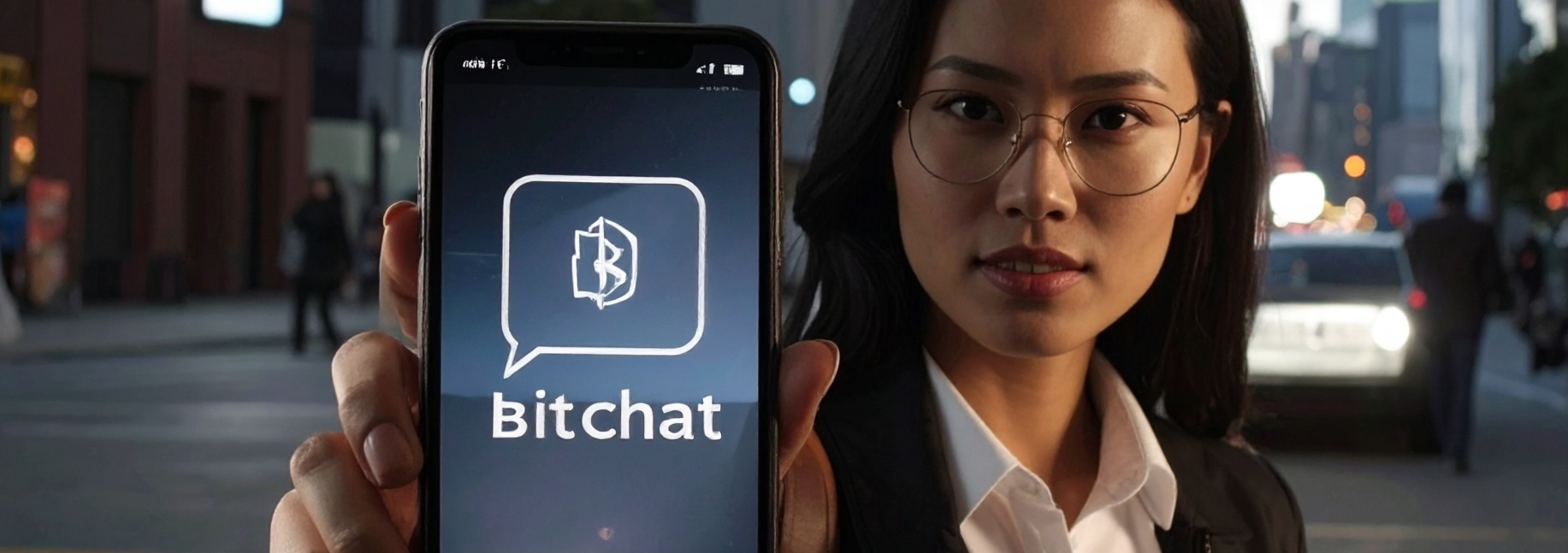Date: 03-November-2024
Time: 10:15:00 PM
Author: Shashi Kant Mani
What is Bitchat?

Bitchat:
Jack Dorsey’s Bitchat is a new peer‑to‑peer messaging app launched in July 2025, designed to work without internet, servers, or phone numbers—using a Bluetooth Low Energy mesh network to send encrypted messages directly between nearby devices.
Instead of relying on cellular or Wi‑Fi networks, devices communicate via Bluetooth LE, forming a mesh network. Messages can hop through nearby phones up to ~300m, extending communication range without traditional infrastructure.
Key Features:
- Mesh networking: Multi-hop, peer‑to‑peer messaging powered by BLE; effective range around 300m.
- End-to-end encryption: Private messages and channels protected using modern cryptography (Curve25519, AES‑256‑GCM).
- Self-deleting messages: In-memory chat history with automatic expiration — no persistent storage or server logs.
- Group chats and channels: Create rooms using IRC-style commands (/j, /m, /mention, etc.), with optional password protection for secure channels.
- Privacy safeguards: Features like dummy cover traffic, timing obfuscation, and emergency “panic mode” (triple-tap on logo) to wipe data instantly.
- Optimized for device use: LZ4 message compression, adaptive battery mode for scanning, and local storage caching for offline peers (store‑and‑forward feature).
- Open-source public domain code: Released under Unlicense, available on GitHub for anyone to audit or extend.
Development Background & Availability:
Dorsey revealed Bitchat as a personal weekend experiment, built quickly with assistance from Block’s AI coding assistant “Goose”. It was announced via X (formerly Twitter) on July 6, 2025, along with a published whitepaper and early beta invites. Currently in limited TestFlight beta on iOS and macOS, the first batch of 10,000 testers filled quickly. An Android version is in development, and future support for Wi‑Fi Direct is planned to enable higher bandwidth and media sharing.
Use Cases:
- In disaster zones or network blackouts, such as outages or censorship.
- At protests or remote areas where conventional communication is blocked.
- During large gatherings (festivals, events) when cellular networks are overloaded.
- In privacy-conscious environments, where users prefer communication free from centralized tracking or data collection
Limitations & Security Considerations:
- Security not yet externally audited: Jack Dorsey himself warned it's not safe for production use and may have vulnerabilities, including user impersonation via flawed identity key handling.
- No media support yet: Bluetooth bandwidth limits and offline mode restrict sending large files, images, or videos.
- Battery usage: Bluetooth scanning may drain some phones faster, and continuous connectivity is needed for message relaying.
- Limited features: Lacks voice/video calls, message syncing, and cloud backup common in mainstream chat apps.
In Context: A New Messaging Paradigm:
Bitchat builds on the legacy of FireChat and Bridgefy, used in past protests and emergencies to circumvent censorship. However, Dorsey’s implementation is more advanced—open‑source, encrypted, privacy-first, and designed for resilience without infrastructure.